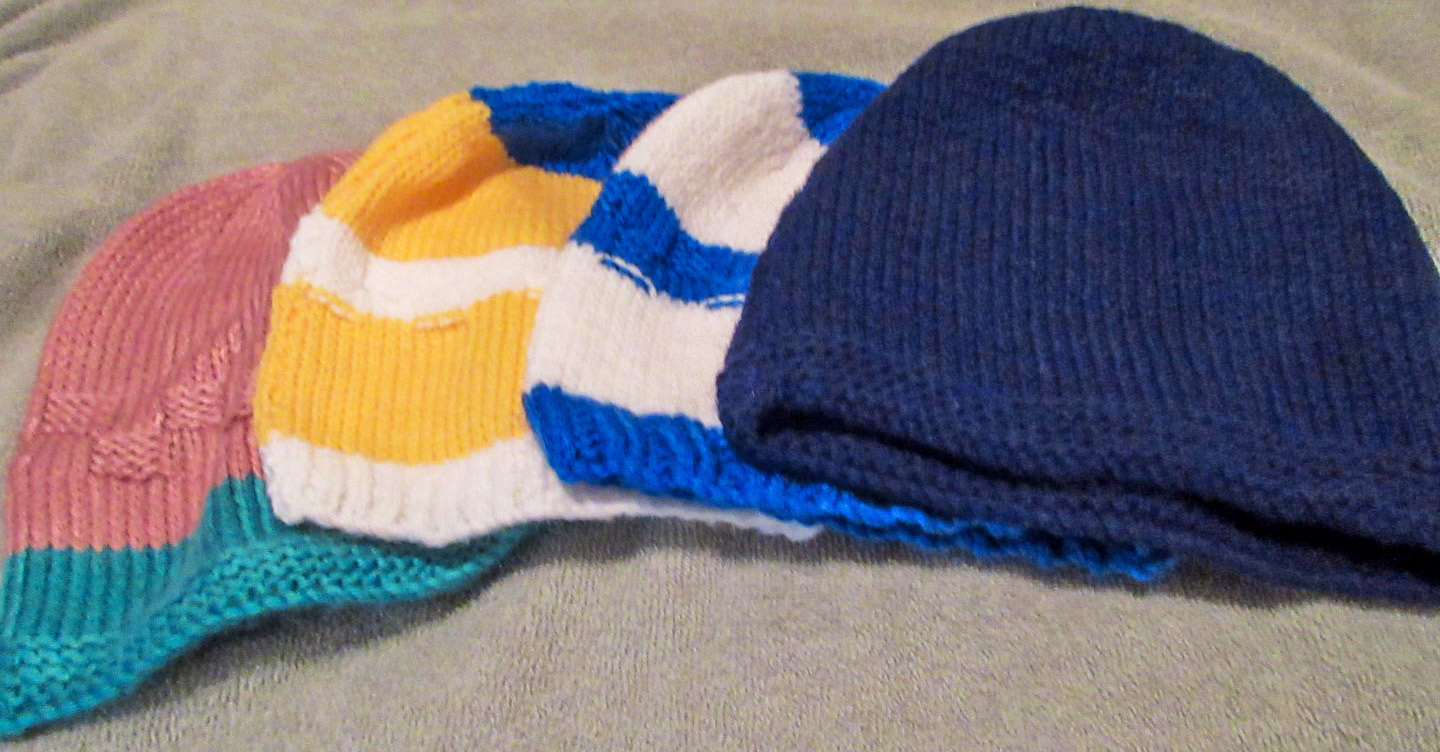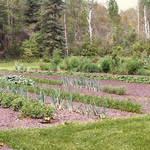Members of All Saints’, Drayton Valley have supported the mask-making effort by donating cotton fabric, including unused men’s handkerchiefs. People have been wearing and making cloth masks to protect themselves during the COVID-19 pandemic. Increasingly, masks are being used as a protective barrier, especially in places where people are unable to keep a safe physical distance from one another.
Jean Wood used the donated fabric to make pleated, double-layer masks. The masks have a slit at the back to allow for an extra layer of disposable fabric or gauze to be inserted. As elastic has been in short supply, Jean improvised with dollar store headbands which she deconstructed and sewed back together as ear pieces. You can find all sorts of mask patterns on the internet, as well as guidelines for caring for, wearing and removing masks (an important component of infection control).
Of the 38 masks sewn by Jean, four were given to the Rev. Christopher Cook, rector of All Saints’, Cynthia Cook and their daughters. My husband and I also received masks. We mailed the remaining masks to the Royal Alexandra Hospital Volunteer department and they were very appreciative in their response. The need for masks will continue for all hospital staff and the public.
During the first part of lockdown, I also began knitting beanie hats for chemo patients at the local cancer care centre and the Cross Cancer Institute, as an outlet for my creativity. Listening to spiritual music on YouTube and watching the live stream service from our church have also given me solace.
Gardens and backyards have become places of refuge (for those of us fortunate to have them) during the pandemic, as the garden of Gethsemane must have been for Jesus and his disciples. I have heard from people in many parts of the world who are spending a good deal of time in their gardens. I’ve also enjoyed writing a column for our local paper, encouraging families to plant vegetables as food security and to teach children the science of growing food.
Miriam Roberts is the social action representative for the diocesan ACW, as well as a regular contributor to the Drayton Valley Write Stuff writers’ group.











